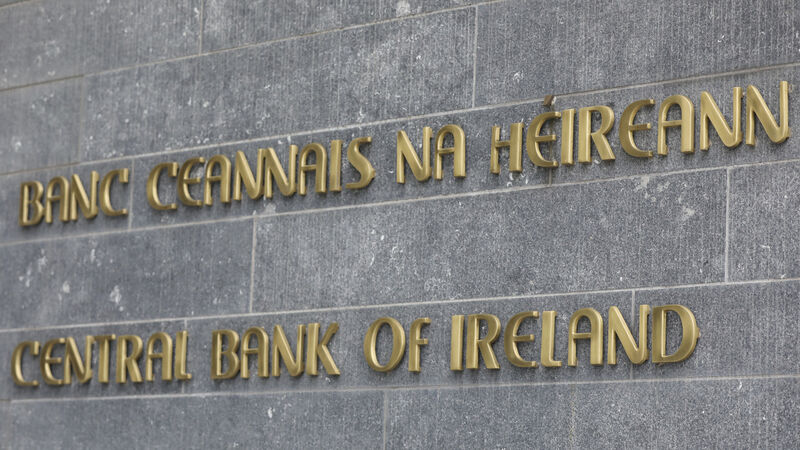Flac calls for new Covid-19 banking code to cover all types of household debt

File Picture: Leah Farrell/Rollingnews.ie
Households falling into debt will be “victimised”, if the banks, regulators, and Government fail to deal with the fallout of the Covid-19 economic crisis, a leading debt adviser has warned.
Paul Joyce, senior policy adviser at the Free Legal Aid Centre, or Flac, said the Central Bank will need to devise a new code of conduct to police banks’ dealings with financially stressed households as the Covid crisis unfolds.











